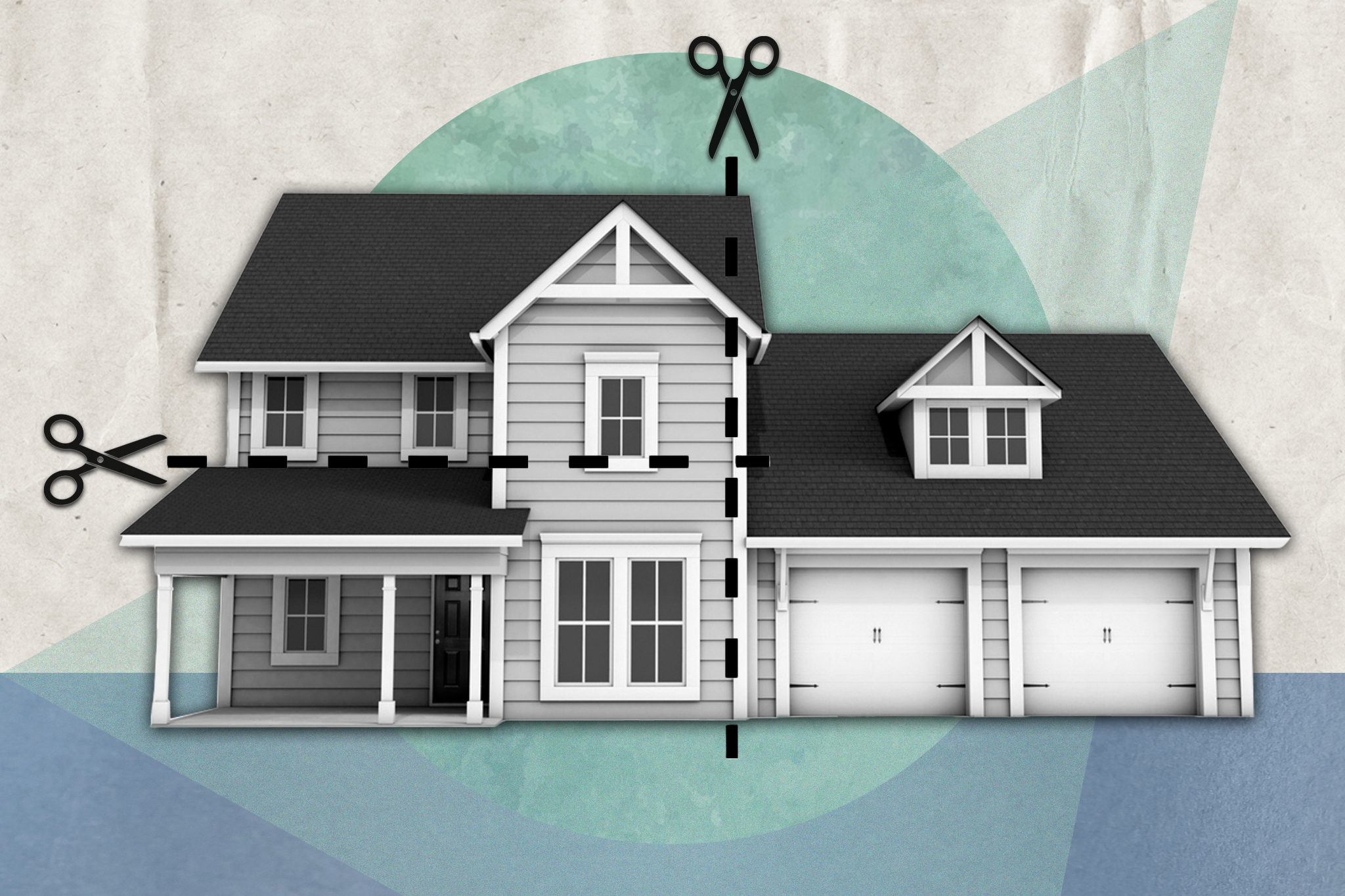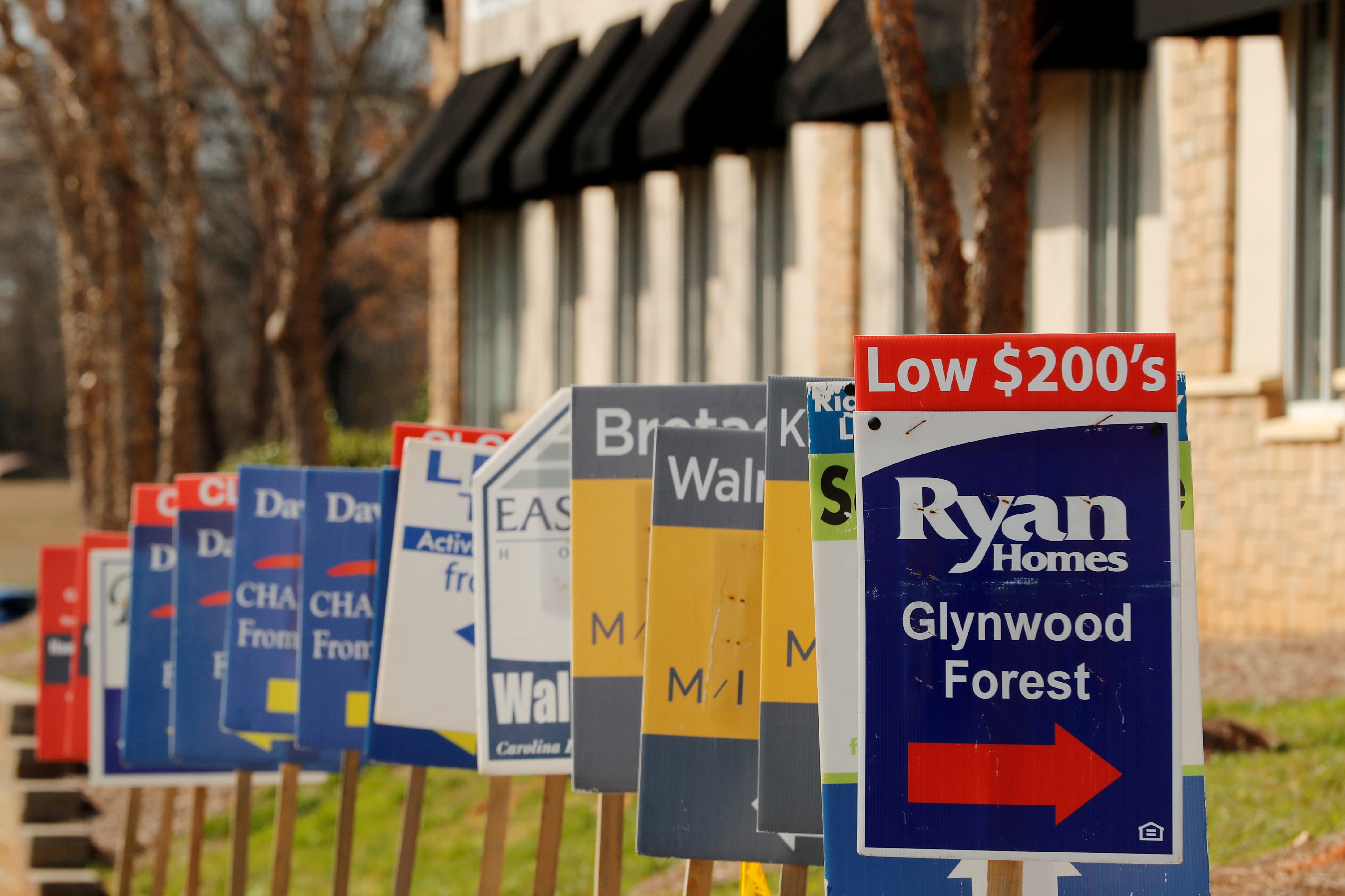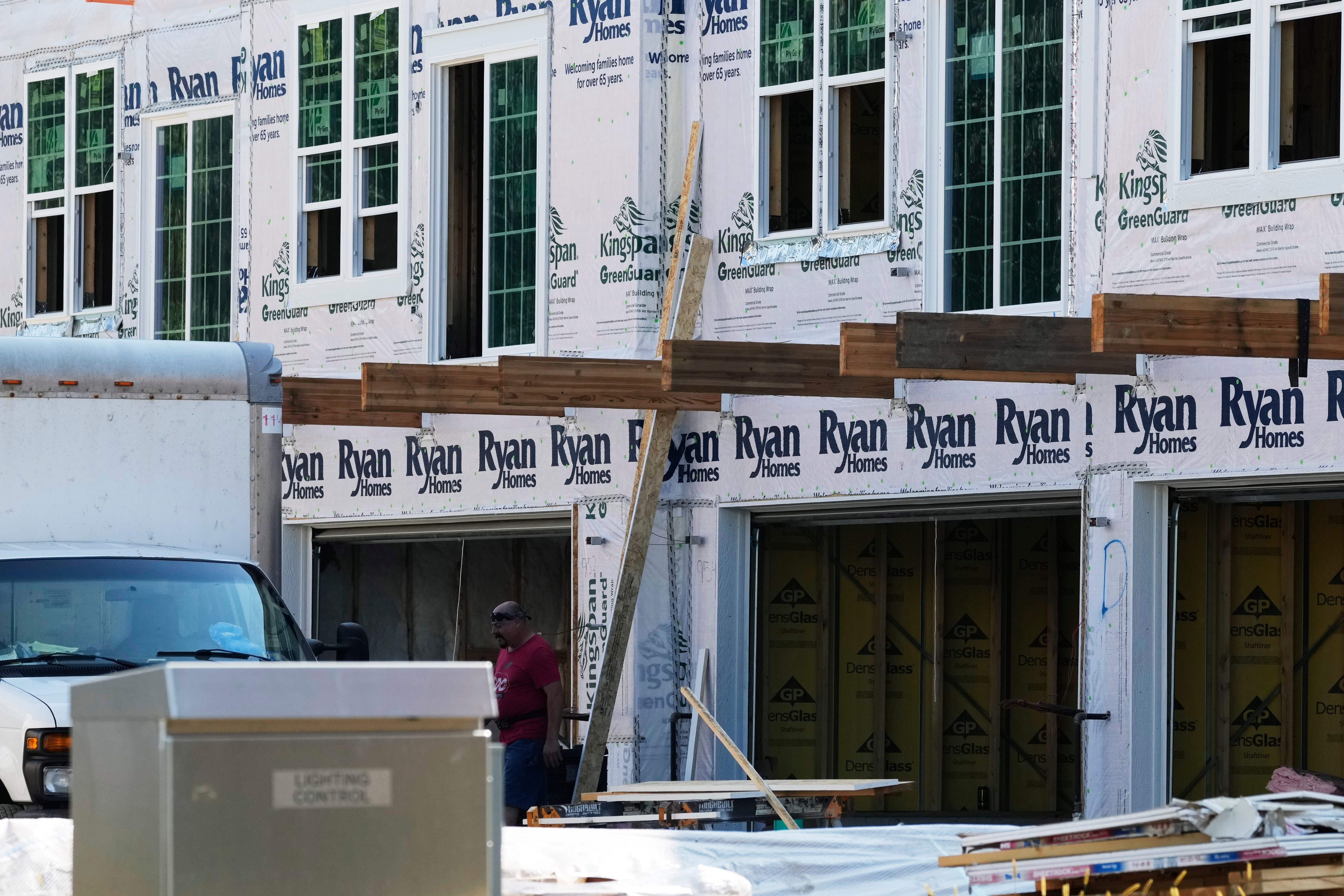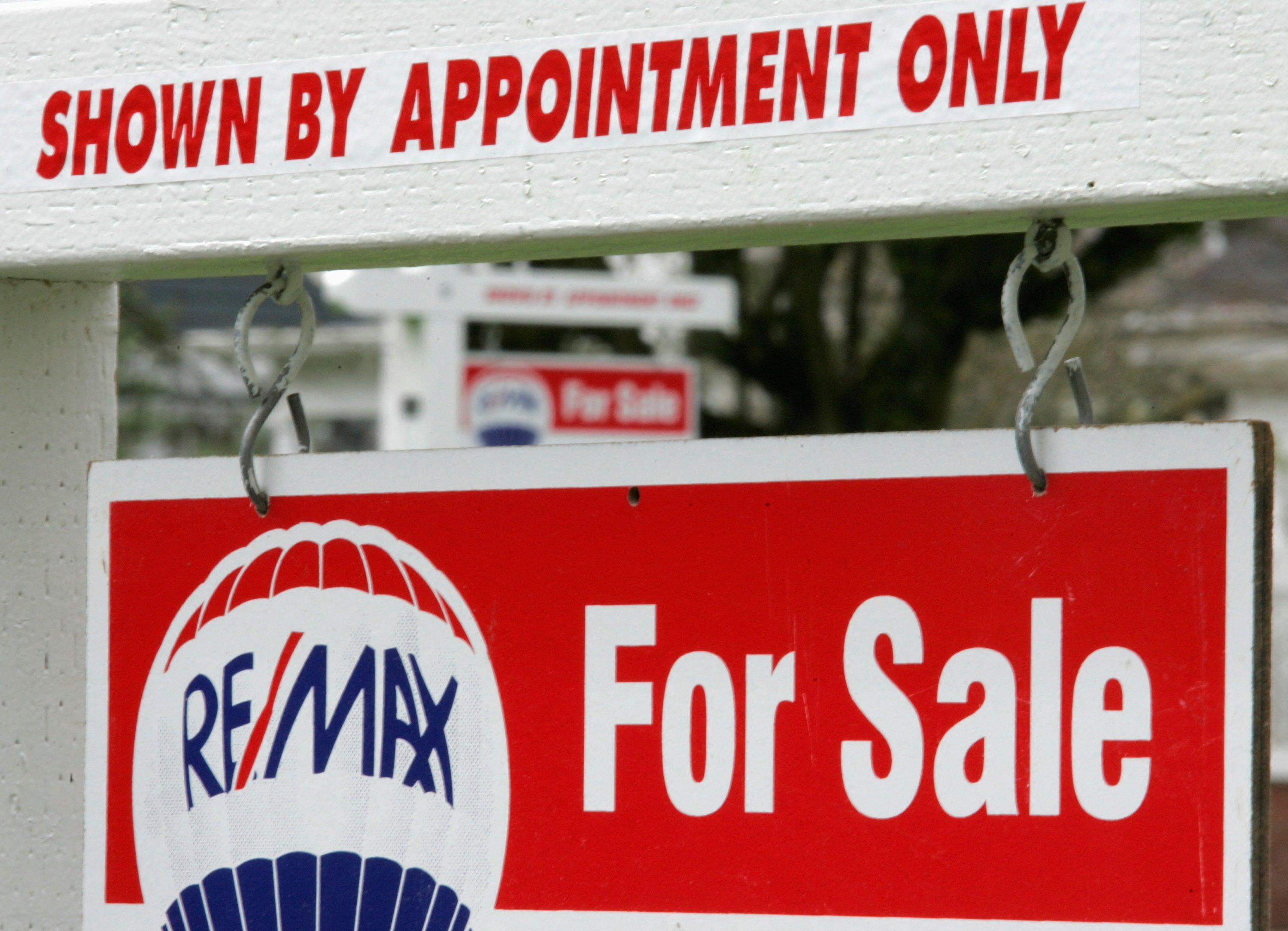Is it ever a good idea to buy a house with friends?
People have bought into homes as friends, thinking it was a path to home ownership without the full cost. Now, they are finding out what happens when it comes time to move on, writes Josh Marcus


Your support helps us to tell the story
From reproductive rights to climate change to Big Tech, The Independent is on the ground when the story is developing. Whether it's investigating the financials of Elon Musk's pro-Trump PAC or producing our latest documentary, 'The A Word', which shines a light on the American women fighting for reproductive rights, we know how important it is to parse out the facts from the messaging.
At such a critical moment in US history, we need reporters on the ground. Your donation allows us to keep sending journalists to speak to both sides of the story.
The Independent is trusted by Americans across the entire political spectrum. And unlike many other quality news outlets, we choose not to lock Americans out of our reporting and analysis with paywalls. We believe quality journalism should be available to everyone, paid for by those who can afford it.
Your support makes all the difference.In recent years, with Millennials facing a historically bad housing market, the number of Americans buying homes together with people other than their spouse has hit record highs.
There are plenty of success stories — the group of friends who erected a 24-person, village-y compound in Oakland, California and the realtor who bought nine properties with friends and was worth $1 million before she was 30 in Austin, Texas — but going in on a shared home with friends has problems all its own.
Co-buyers say they’ve faced financial disagreements, personal stress and huge debt loads as they try to exit these unique housing arrangements.
Some of the problems are their own doing, caused by poor planning or fraying tempers, while others come down to a housing system that hasn’t quite caught up with the idea of communal ownership.

Celeste King, 35, spent $100,000 in 2021 for a share in a house near Austin with two friends. Two years later, she wanted out, frustrated with the time it took to renovate and the stress over vacation renters who broke house rules.
However, leaving the property behind would mean missing out on the home’s 50 percent appreciation. Making matters worse, her friends didn’t have the money to immediately buy out her share. Faced with this dilemma, they chose to help King exit by paying monthly $2,000 installments for the foreseeable future. Not exactly the blissful bargain touted by share-house backers on TikTok.
“That’s the big con to doing business with friends,” she told The Wall Street Journal. “Because I still care about those people, I’m willing to be less self-interested.”
Heath Schechinger, 40, bought a home in Northern California in 2021 with friends to get around the region’s famously high rents.
“We all wanted to be able to eventually be a homeowner so that we had the autonomy of making choices for our own, but living in the Bay Area that just seems so financially out of reach for all of us,” he told TIME magazine in June.
Three years later, and the group has decided to sell because of issues setting up a mortgage agreement that would allow them to transfer their interests to a non-family member if they ever tried to leave.

The difficulties with such schemes appear to be international.
UK home buyer David, who spoke to VICE this year anonymously for privacy reasons, bought a house with a friend and then sold it five years later, describing it as financially beneficial but socially damaging.
“Obviously, once money is involved with friendships, it does have the potential to get quite complicated,” he said. “You aren’t just friends anymore, you’re like economic partners. I think it was always in the back of our minds that this could get messy.”
“We never really sat down and talked about it, and that was a bit of a f***-up, to be honest. It turned out we did have quite different ideas about how the process works,” he added. “It was really stressful.”
A trio of sisters who went in on a shared property in Australia told The Guardian about a cascade of problems they faced.
When the eldest sister had a baby, she sold her share to the middle sister. Because of the complex structure of their shared loan, the youngest sister became her guarantor for a sizable amount of money.
When the youngest sister wanted to buy a separate house with her husband, the debt severely limited her possibilities. The sisters eventually succeeded in selling the property, but not without a bad taste in their mouths.
“We were all just frustrated … really bound together and financially stuck,” one of the sisters, Hayley, told the outlet, using a pseudonym.
Social media is full of such stories.
In a widely read 2021 Reddit thread, a user named DareBaron described the decision to buy a house with five threads as one with “A LOT of complication.”
“You are putting your relationships at risk by entering into a personal financial endeavor with your friends,” the user wrote. “Maybe you would make it out intact, but I’ll tell you, I lost a close friend of 12 years and another of 5. The complication and stress take a mental and emotional toll. We never once fought about anything either, it was all civil.”

Still, such difficulties don’t appear to have stopped many first-time buyers from turning to joint homes with friends and other distant relations.
A survey this year from JW Surety Bonds found that roughly 15 percent of all Americans have gone in on a home with someone other than a romantic partner.
The survey found that Gen Z was the most willing to consider the option, and renters were 29 percent more likely to seek the solution than homeowners.
Co-ownership rates grew 21.1 percent between 2022 and 2023 in the counties with the largest co-ownership rates, clustered in Utah, Virginia, North Dakota, Minnesota and Colorado, another recent study found.
A whole crop of companies now serve shared home buyers, including co-ownership app CoBuy, real estate marketplaces Landa and Fintor, as well as luxury shared home platform Pacaso and shared home listing start-up Live Near Friends.
Still, despite the enthusiasm, housing experts say covering the boring basics is a must before hopping on this exciting trend: communicate honestly about your finances, get your legal and financial agreements in order, in writing, and expect the unexpected.
“Aspiring homeowners that are unmarried, friends, or family should tread lightly when it comes to signing on for a mortgage because if things go south, it can cause tension in those relationships, or worse, someone gets stuck with the obligation of paying back the loan,”Jason Gelios, a realtor in Southeast Michigan, recently told Forbes.
Join our commenting forum
Join thought-provoking conversations, follow other Independent readers and see their replies
Comments